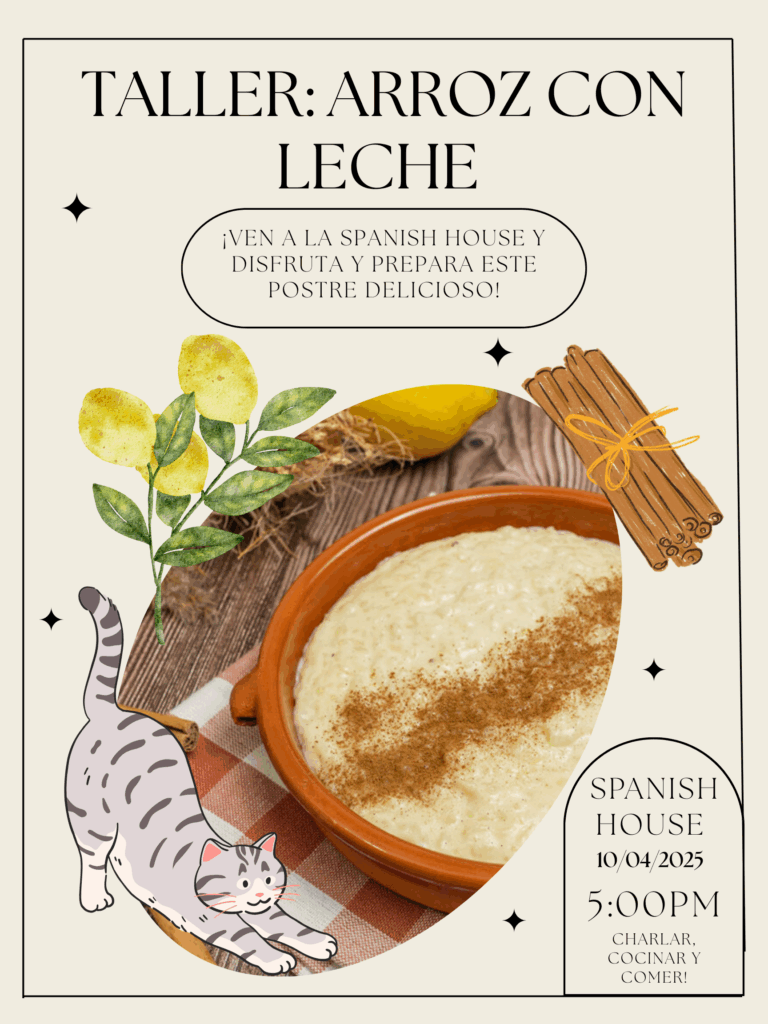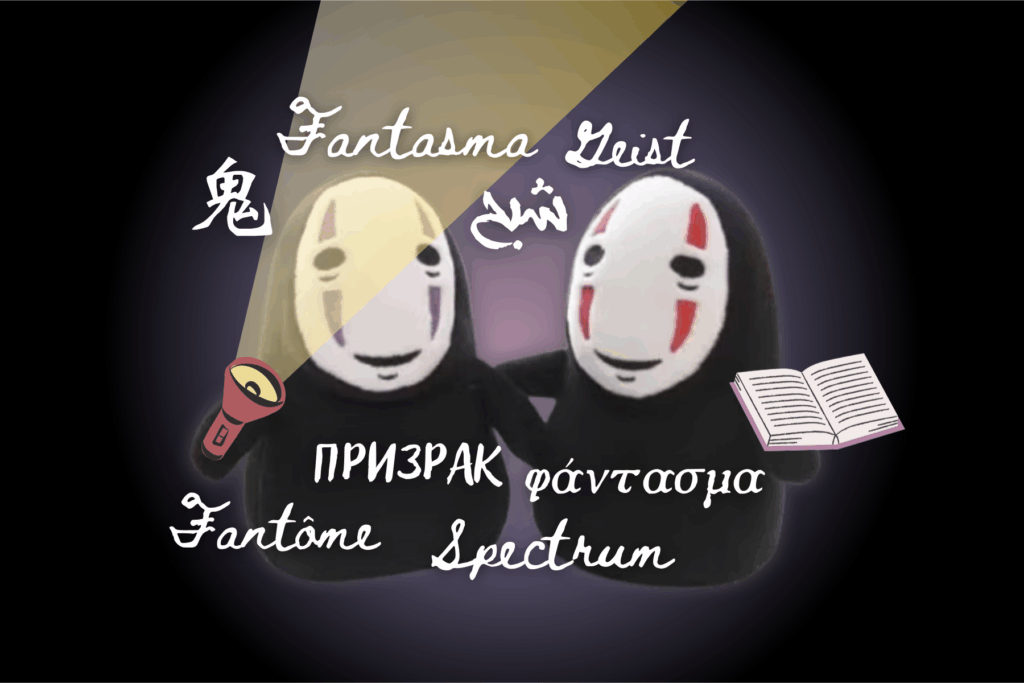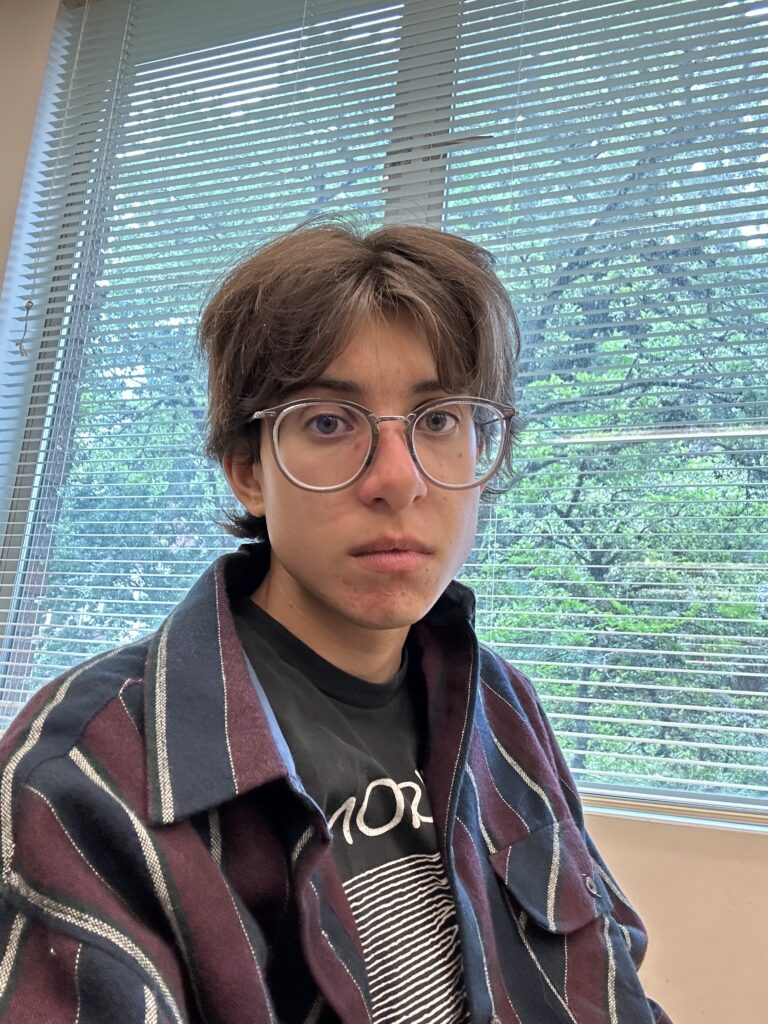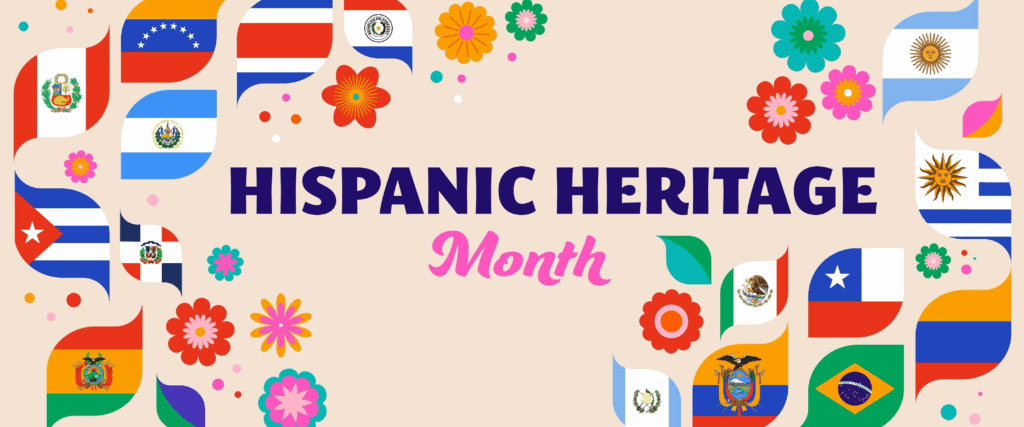Spanish language scholars Andreu and Angeles are hosting a workshop to teach you how to make arroz con leche (popular in both Spain and Argentina) on Saturday 4 October at 5:00pm in the Spanish House.

Come tell and listen to spooky stories from around the world at the Language Lab on October 9th at 6pm!

As the weather gets colder and the workload gets heavier, the Language Lab is here to remind you to have a bit of fun! Everyone is welcome to this evening of exchanging spooky cultural folklore, puppet-making, and free snacks and drinks. Be there or else…

Today we’re chatting with Vincent, our French tutor, as well as the HA for French House II (Farm House). We talked about French programming at Reed and how Vincent is preparing for his semester abroad in Paris this spring!
Leilani: First, could you tell me about your background and how long you’ve been speaking French?
Vincent: Yeah! I first started taking French classes in high school, and then I placed into second-year level French when I came to Reed. I lived in the French House last year, and I’m living in Farm House this year. So those are the French experiences I’ve had here.
L: What has your experience been like as a French tutor?
V: It’s been pretty interesting to get a sense of how other people learn a language in ways that are different from what I’m more used to. And I think that’s a way of helping me to understand the language better and get more practice with it by working with other people.
Continue reading “Getting excited for study abroad with Vincent!”
Russian – the strong and mighty language – has an estimated range of 150.000 to 500.000 words (depending on what is counted). And many of them sound challenging, some might sound “harsh” while others don’t sound like Russian at all.
It’s because they’re not!
Continue reading “Turkisms in Russian”This article is aimed at those of you who want to learn a language, but, for whatever reason, don’t have time to take classes at Reed. On campus, we’re really lucky to have access to all kinds of resources that allow you to study and practice languages at your own pace!
Continue reading “How to learn a language without taking classes”
D: Hi Sara! Please introduce yourself to those who don’t know you.
S: My name is Sara and I’m a junior physics major. I’m a native Russian speaker, which is the main reason why I ended up as a Russian tutor. I was born and raised in Central Asia, so I was brought up in a very bilingual environment – I’ve been speaking Russian and Kazakh since I was a little baby, and if you asked me to choose a “first language” I wouldn’t be able to tell you… I started learning English when I was 6, so I know how to empathise with language-learners. If you feel nervous or embarrassed about mistakes, don’t be! I’ve been there too and I know how hard it is.
Continue reading “Tutor interviews: Sara Tapalova (Russian)”
Hispanic Heritage Month starts today, September 15! Learning a language is more than memorizing grammar and vocabulary—it’s about connecting with people and cultures from around the world. Hispanic Heritage Month occurs every year from September 15 to October 15, in commemoration of the many independence days and national celebrations across Latin America. Whether it’s meeting new friends at Spanish House’s weekly events, celebrating with Latinx Student Union, or engaging with the Hispanic community in Portland, here are some ways to celebrate Hispanic culture all month long!
Continue reading “Celebrate Hispanic Heritage Month!”THURSDAY SEPTEMBER 18, 11:30-1:30, QUAD (KAUL IN CASE OF RAIN)
You heard right. Get excited: the Language Labbies shall be attending the ball (Reed Student Resource Expo)! Ourselves and (of course) Pulpi the octopus will be tabling at the expo to show you all — student, staff, and faculty — the wonders of our humble oasis in the basement of the library.
If our mere presence is not enough to summon you, we offer you the chance to voice your opinion and maybe win a prize in our recommendation raffle! Also, the event is great way to learn more about the resources available to students in general, and free food will be provided.

Sadly I am graduating, so this will be my last blog post 🙁 Before I leave, I wanted to give everyone some media recommendations as well as some advice on things to do with the time you have left at Reed.
Go to the language conversations groups! If you have not gone to them yet, you really should. I met some of my best friends at both Pause Café and Sobremesa (which fun fact was previously called Picadita). These groups are such a unique resource that you will likely not find after Reed. Think about it, it’s a chance to meet new people by immersing yourself in the language you’re learning while eating free food! Which is usually delicious as the language scholars are amazing. Seriously, if you haven’t met them yet you should. And new ones come each year, so you get a clean slate next semester!
Continue reading “Patricio’s Last Recommendations…”
To preface this post, no, the Lang Lab team is NOT urging you to delete the beloved owl app!
Continue reading “Is Duolingo really worth it?”